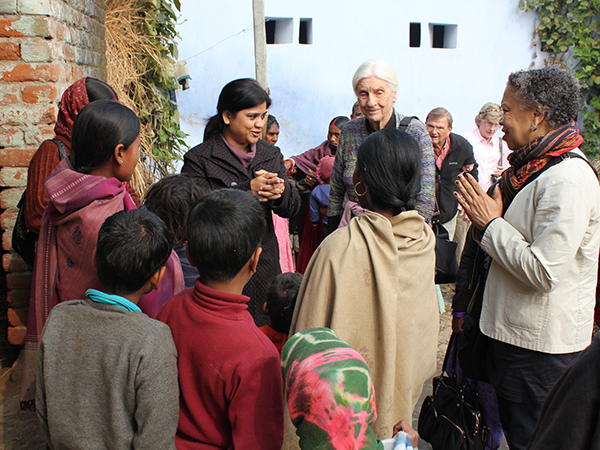We help nonprofits cultivate lifelong donor relationships.
Your organization does amazing work abroad. It reaches people in the world’s most remote and vulnerable areas. How can you showcase the living, breathing outcomes of your work to donors? Get up-close and firsthand. Connect them to the place. Take them there.
Elevate’s Donor Travel team has been working with nonprofits to design seamless site visits since 2005. Our trips have taken clients to meet their beneficiaries across the globe, from empowered women in Brazil to post-surgical smiles in Ethiopia.
The best part? We can do all this for organizations like yours at NO COST to the nonprofit itself.


Benefits of Donor Cultivation Travel
- YOUR MISSION
We translate your organization’s unique field-level assets and network into an unforgettable travel experience that brings people together to champion your cause.
- EXCLUSIVITY
Behind the scenes access and best-available services for VIP donors and board members. Trips are immersive, private and fully customizable — there’s no request too complicated.
- FULL SUPPORT
We offer complete travel management. Outsource ALL the details, from registration and promo materials to trip logistics and rapid-reply traveler support.
- RESPONSIBLE TRAVEL
We design all our trips with responsible travel practices in mind. We carbon offset all land arrangements and keep our destination impact positive.

What you’ll unpack from Donor Cultivation Travel
- Donor Retention
Cultivate a powerful lifelong connection with your cause, keeping donors loyal and engaged in a competitive fundraising marketplace.
- Bottom-line results
Short on staff and capital? No problem. We provide a hands-free solution at no cost, minimizing investment and maximizing returns. Your donor trip could be the next to raise over $1 million!
- Community and networking
Donors who travel together find friends and peers in the group, while growing their loyalty and trust in the organization.
- Storytelling
Turn donors into ambassadors, deeply moved and excited to share photos and stories from their trip. Tap into these stories as a goldmine for promotional material.

